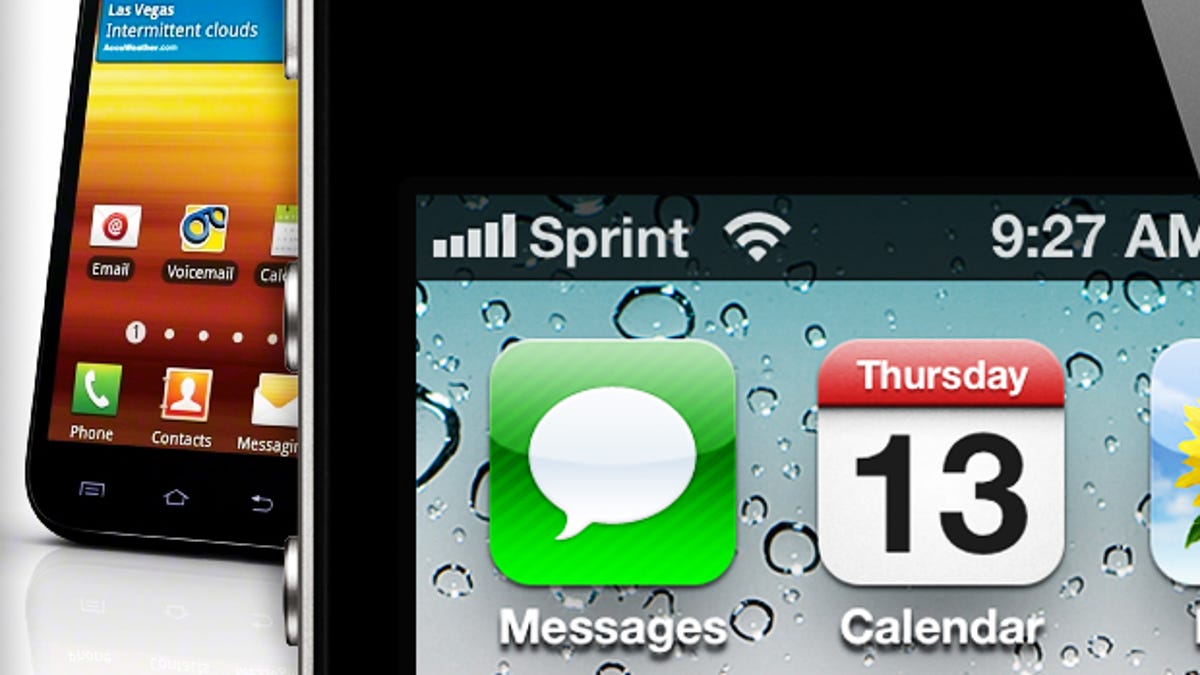iPhones just work better with simpler plans, Sprint CEO says
CEO Dan Hesse also says his company has no plans to move to a shared-data setup similar to those of Verizon and AT&T.

People love the
So says Sprint CEO Dan Hesse, who claimed his company's simple plans just work better with the iPhone and reiterated his commitment to them.
"We think unlimited is important," Hesse said during a conference call today. "They are significantly simpler."
While the other carriers are throttling -- or slowing down the connection of -- their customers, or capping the amount of data people can use each month, it's notable that Sprint has consistently maintained its unlimited plan for smartphones as a way of standing out from the pack. Hesse also said there were no plans to move to shared-data plans similar to what Verizon and AT&T have announced.
Unlimited has only helped Sprint as more carriers begin to offer the iPhone. Though Sprint sold fewer iPhones than larger carriers AT&T and Verizon Wireless, the number of iPhones it sold remained flat from the first quarter, compared with declines for its rivals. Moreover, 40 percent of its iPhone customers were new to Sprint, also better than the competition.
The iPhone is one of the key pieces of Sprint's turnaround plan. While it comes at a heavy cost, Hesse said the iPhone has already benefited the carrier through a lower customer turnover rate, fewer customer-care calls, and lower service and repair rates.
"Everything indicates we made the right decision," Hesse said. "All of those early indications are positive."
Sprint is already ahead of pace on its contractual obligation to Apple, he added.
Sprint sold 1.5 million iPhones in the second quarter. In comparison, AT&T sold 3.7 million iPhones, 1 million more than Verizon.
That the iPhone held up during a relatively quiet quarter was a good sign for Sprint, said Chief Financial Officer Joe Euteneuer.
"This second quarter was my litmus test for how well the iPhone would do for us," he told CNET.
Euteneuer declined to say whether the company would continue to see the same flat numbers in the third quarter, and he said his forecasts assume a large number of upgrades and smartphone sales in the second half.
"The marketplace is abuzz with a refresh," he said. "But we have no clue."

